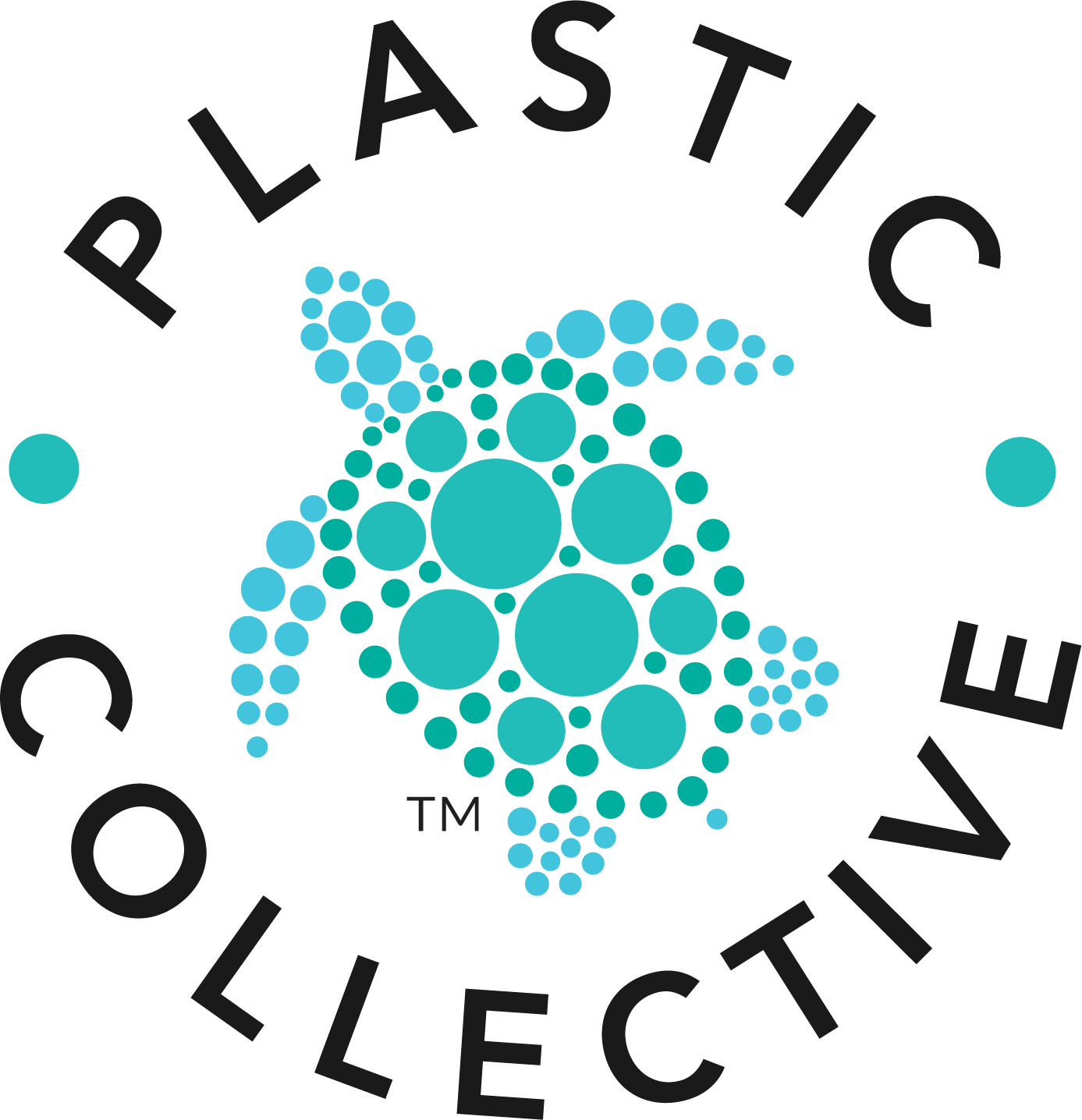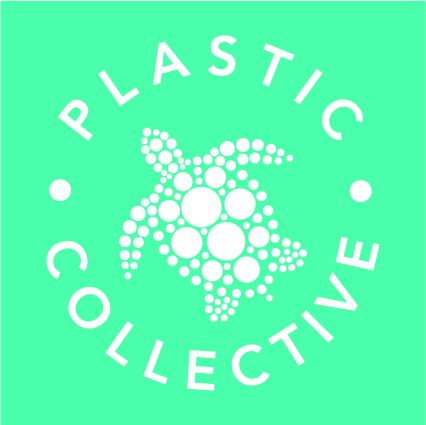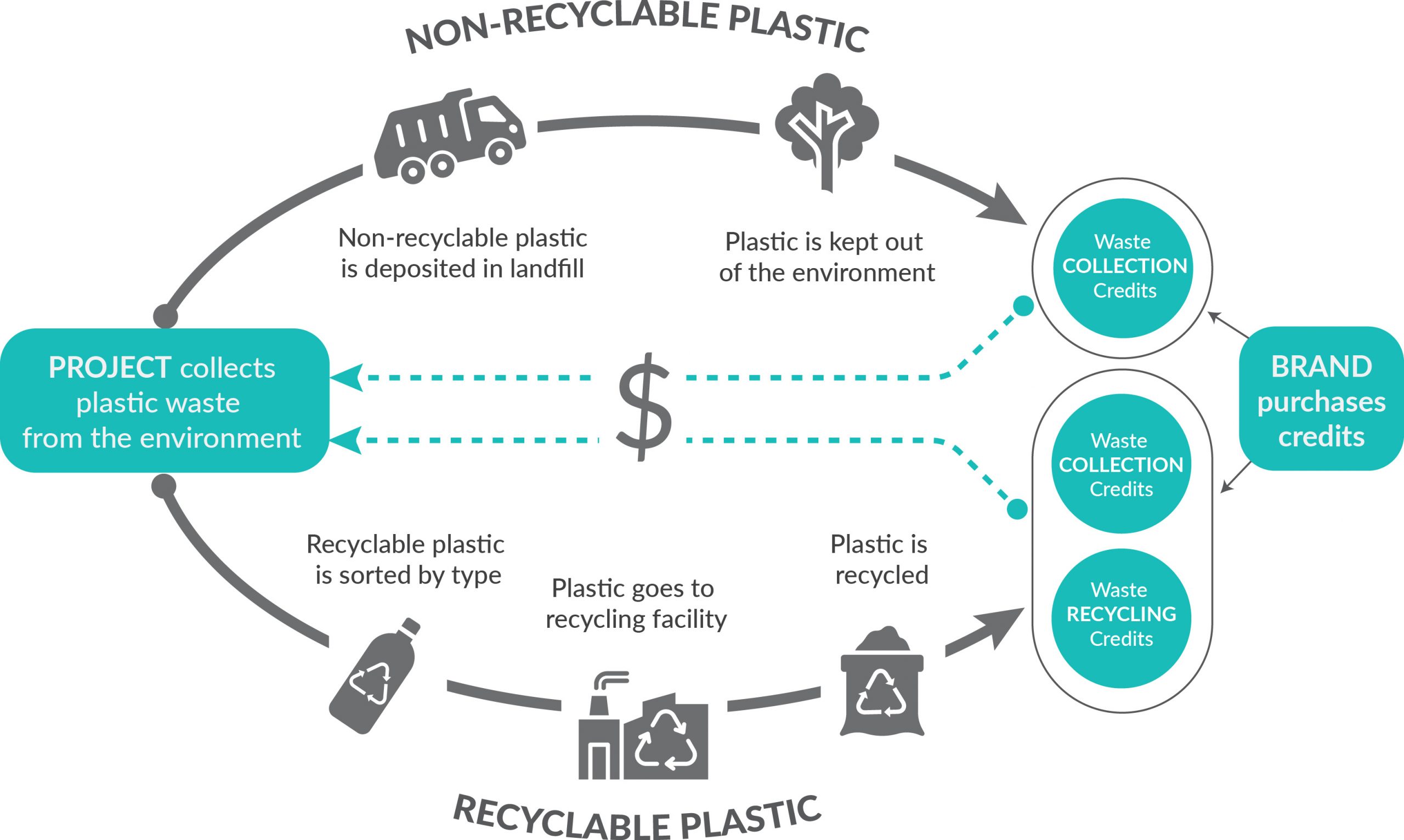
How do Plastic Credits Work?
Plastic Credits are an innovative mechanism (just like carbon credits) that facilitate investment in plastic collection and recycling projects.
The investment comes direct from brands that use plastic and who wish to take responsibility for their plastic they put into the environment and or remains unrecycled. A Brand will purchase plastic credits from plastic project in an amount equivalent to the volume of plastic the brand puts into the environment. The money from the plastic credits is used by the plastic project to collect and recycled additional plastic waste on behalf of the brand.
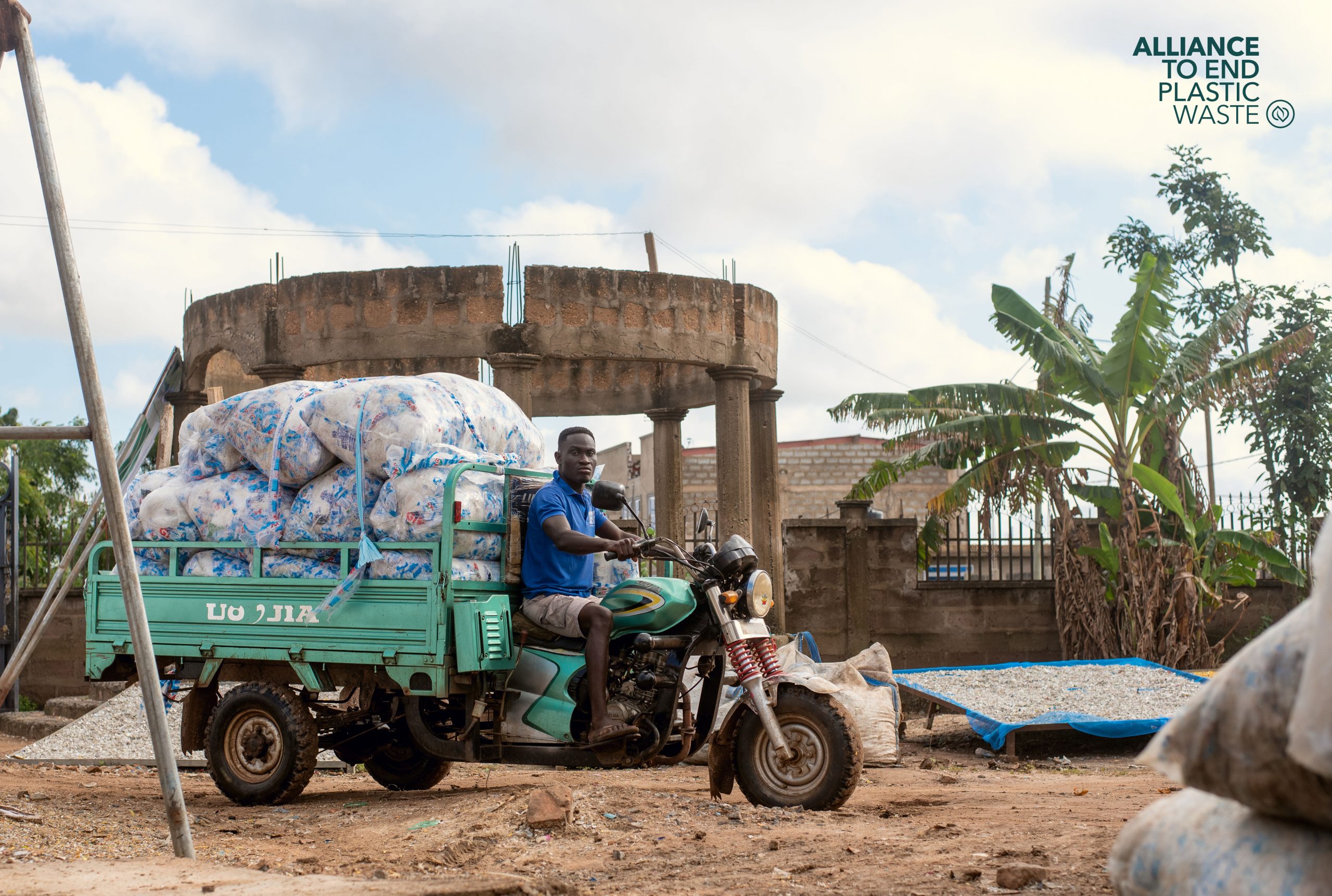
Plastic Collective is Expert in Plastic Credits
Plastic Collective has been working with plastic recycling projects for almost ten years helping them generate and sell plastic credits so that the projects can become sustainable and expand.
Plastic Collective is deeply involved in the Verra Plastic Waste Reduction Standard and its Plastic Credit Program having been involved in the development of the methodologies prior to launch in 2022. Plastic Collective works with projects all over the world to coordinate project registration under the Plastic Standard, support the management plastic credits program, take the plastic credits to market and secure credit buyers.

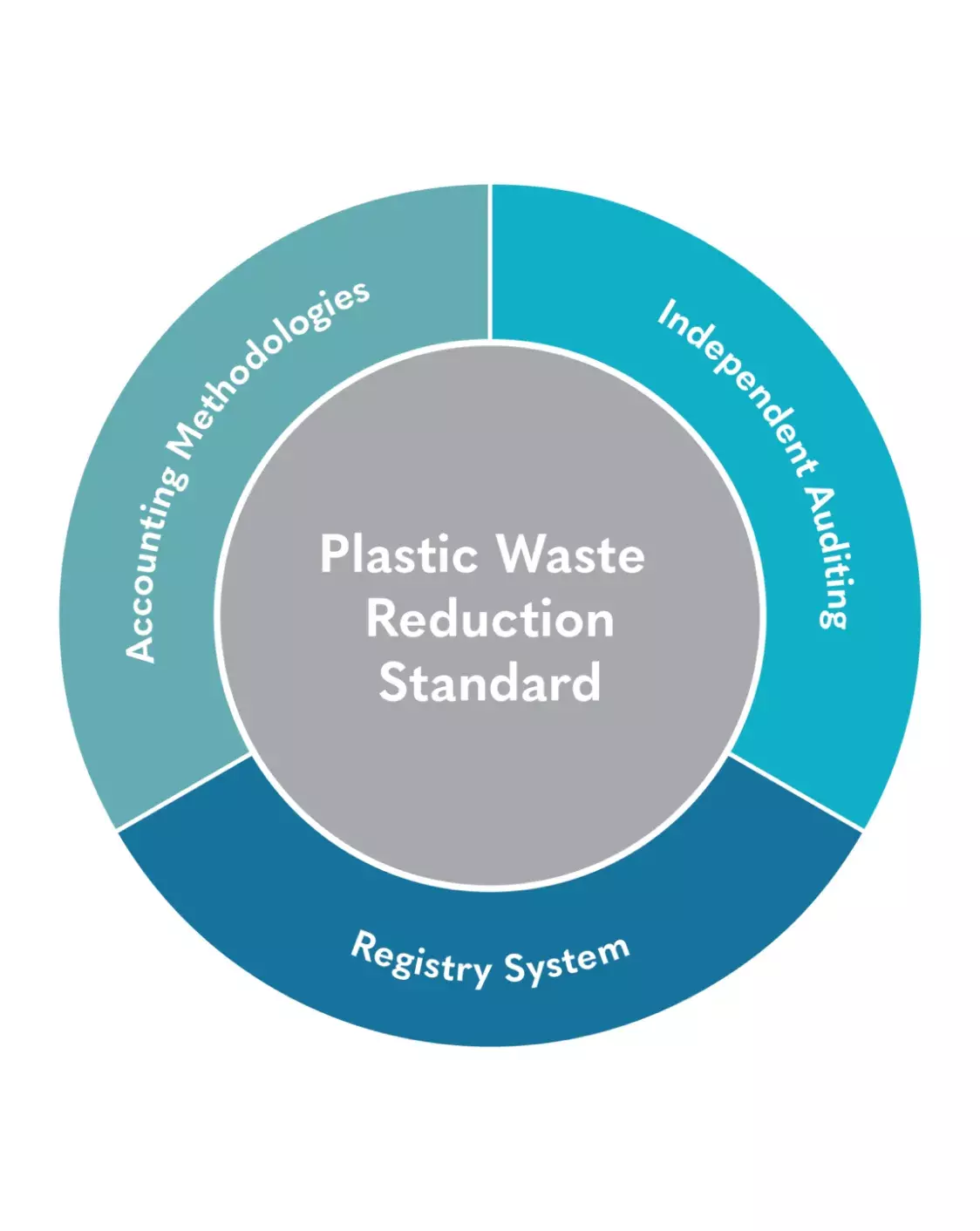
Project Certification Service
The pathway to certify a project under the Plastic Standard in order to generate and sell plastic credits can be complex and time consuming.
Plastic Collective provides plastic project’s with an extensive range of services to support their plastic credits journey, including;
- x
- x
- x
The Global Plastic Problem
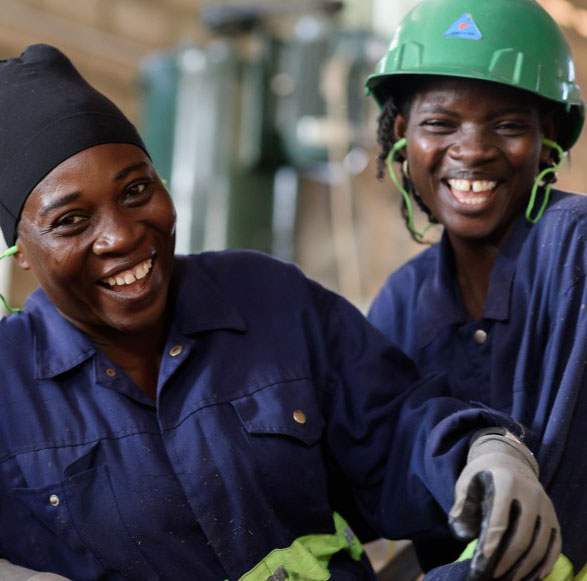

Case Study:
Asase Project Ghana Company
The ASASE Foundation project is a community-based plastic waste collection and recycling project established in Ghana in 2019. The project involves starting small recycling plants as social enterprises in communities where plastic pollution is most severe, and empowering women entrepreneurs to build their own plastic waste collection businesses as a sustainable source of income and employment.
The Project received initial funding to establish itself, grow and prove its business model. But then after a number of years it needed additional funds to expand the activities across Ghana with multiple sites using its proven business model. Normal forms of financing were not available to the project as it was considered too high risk, so Asase turned to Plastic Collective to develop a plastic credits program, coordinate the certification of the project under the Plastic Waste Reduction Standard, the generate and sell plastic credits.
The project is now benefiting from the early stages of credits sales and its plans to expand across the country are well in progress
Benefits of Plastic Credits
Make Project Operationally
Profitable
Plastic Credits can be used to convert unprofitable operations into profit
Expand Project
Operations
Plastic Credits can be used to expand capacity of project operations including purchase of capital equipment
Make Social
& Environmental Impact
Plastic Credits can be used to enhance the livelihoods of plastic waste pickers
